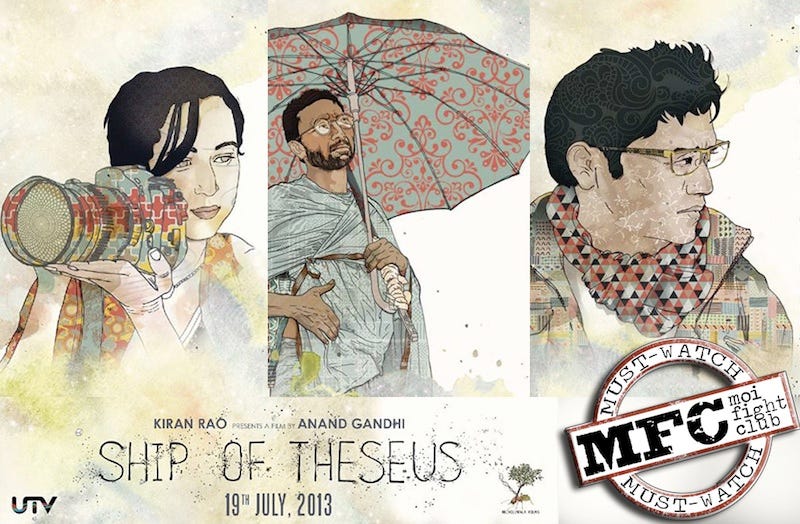Hi Readers,
Welcome to Pranav Reads!
The "Ship of Theseus" is a thought experiment and philosophical paradox that raises questions about identity and persistence through change. It is named after the ancient Greek philosopher Theseus, who, according to mythology, sailed on a ship that was later preserved by the Athenians. In today’s edition of Pranav Reads we will delve into this paradox.
The Ship of Theseus Paradox
Suppose you have a ship, and over time, you replace each part of the ship with a new, identical part. After you've replaced every single part, is it still the same ship?
Now, let's say you gather all the old parts that you replaced and use them to build another ship. Is this new ship also the Ship of Theseus?
History
This particular version of the paradox was first introduced in Greek legend as reported by the historian, biographer, and essayist Plutarch,
The ship wherein Theseus and the youth of Athens returned from Crete had thirty oars, and was preserved by the Athenians down even to the time of Demetrius Phalereus, for they took away the old planks as they decayed, putting in new and stronger timber in their places, in so much that this ship became a standing example among the philosophers, for the logical question of things that grow; one side holding that the ship remained the same, and the other contending that it was not the same.
— Plutarch, Theseus
Plutarch thus questions whether the ship would remain the same if it were entirely replaced, piece by piece. Centuries later, the philosopher Thomas Hobbes introduced a further puzzle, wondering what would happen if the original planks were gathered up after they were replaced, and used to build a second ship. Hobbes asked which ship, if either, would be the original Ship of Theseus.
The paradox explores the notions of identity, persistence, and the nature of objects through change. It extends beyond ships and can be applied to other objects or even living beings, prompting discussions about personal identity, continuity, and the impact of change on the essence of a thing or being. It raises questions about whether the identity of an object lies in its specific physical components or in a more abstract sense of continuity or essence. It has been a topic of contemplation for philosophers throughout history and continues to stimulate philosophical discussions today.
Ship of Theseus (The Movie)
Director Anand Gandhi released this visually captivating film titled “Ship of Theseus” in 2013. The movie blends philosophical depth with human stories. It weaves this paradox between the three main characters, a blind photographer, a monk, and a stockbroker. It delves into profound questions about identity, existence, and the interconnectedness of life through these three distinct yet interconnected narratives.
The characters are well-developed, and their journeys provide a lens through which the audience can contemplate profound philosophical questions. The film's exploration of the Ship of Theseus thought experiment is not just an intellectual exercise but a poignant reflection on the nature of change, ethics, and the essence of life. The dialogues are thoughtfully crafted, adding layers to the philosophical underpinnings of the narrative. The good news is you can watch this movie for free on YouTube.






